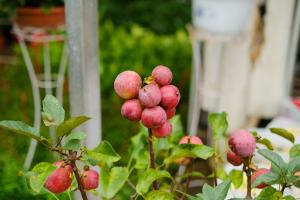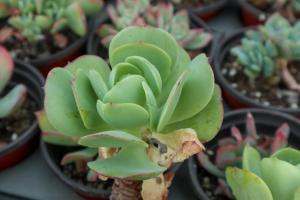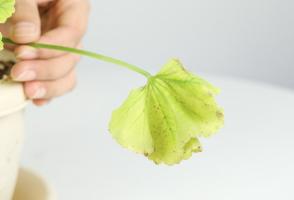Introduction
When it comes to planting, there are numerous options to choose from when selecting the perfect pot for your beloved plants. One popular option is using wooden pots. However, the question persists - are wooden pots good for plants? In this article, we'll explore the benefits and drawbacks of using wooden pots for planting.
The Benefits of Using Wooden Pots
Wooden pots offer a variety of benefits to plants. The natural wood material allows for better aeration, which allows for better root growth and oxygen intake. Additionally, wooden pots are eco-friendly and biodegradable, meaning they do not pose any environmental harm, and can even contribute to helping the environment! They’re also relatively inexpensive, making it an affordable option for home gardeners.
The Drawbacks of Using Wooden Pots
Despite the benefits of wooden pots, there are also drawbacks to consider. One major issue with wooden pots is their durability. They can easily rot or decay when exposed to water and humidity for prolonged periods of time. Additionally, wooden pots do not offer adequate insulation, making them less suitable for plants that require specific temperature requirements. Wooden pots can also be a breeding ground for pests, such as termites and ants, which can damage both the pot and the plant itself.
Wooden Pots: Best Used for Certain Plants
While wooden pots may not be the best option for all plants, they do work well when paired with certain types of plants, such as herbs or vegetables. Wooden pots provide a natural and organic aesthetic, which can complement the natural look of outdoor or indoor gardens. Moreover, they work well for plants that require a well-draining soil, as the natural wood material allows for better drainage.
Caring for Wooden Pots
If you’ve decided to use wooden pots for your plants, it’s important to care for them properly. To prevent decay or rotting, make sure to avoid overwatering your plants, and to let the soil dry out before watering again. Additionally, it’s important to use a protective sealant or coating on the wooden pots to help increase their durability and lifespan. Finally, it’s important to regularly check for pests, and to treat the wooden pots and plants accordingly if they are detected.
Conclusion
So, are wooden pots good for plants? The answer depends on the specific needs of your plants, and how well you care for your wooden pots. Wooden pots provide a natural and aesthetically pleasing option for your indoor or outdoor garden, but they do have their drawbacks. By weighing the benefits and drawbacks, and caring for them appropriately, wooden pots can be a great option for your plants.

 how many times do yo...
how many times do yo... how many planted tre...
how many planted tre... how many pine trees ...
how many pine trees ... how many pecan trees...
how many pecan trees... how many plants comp...
how many plants comp... how many plants can ...
how many plants can ... how many plants and ...
how many plants and ... how many pepper plan...
how many pepper plan...































